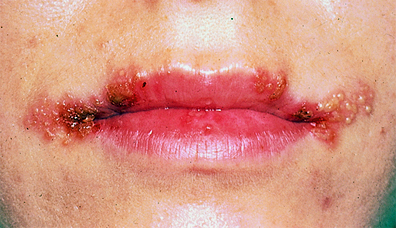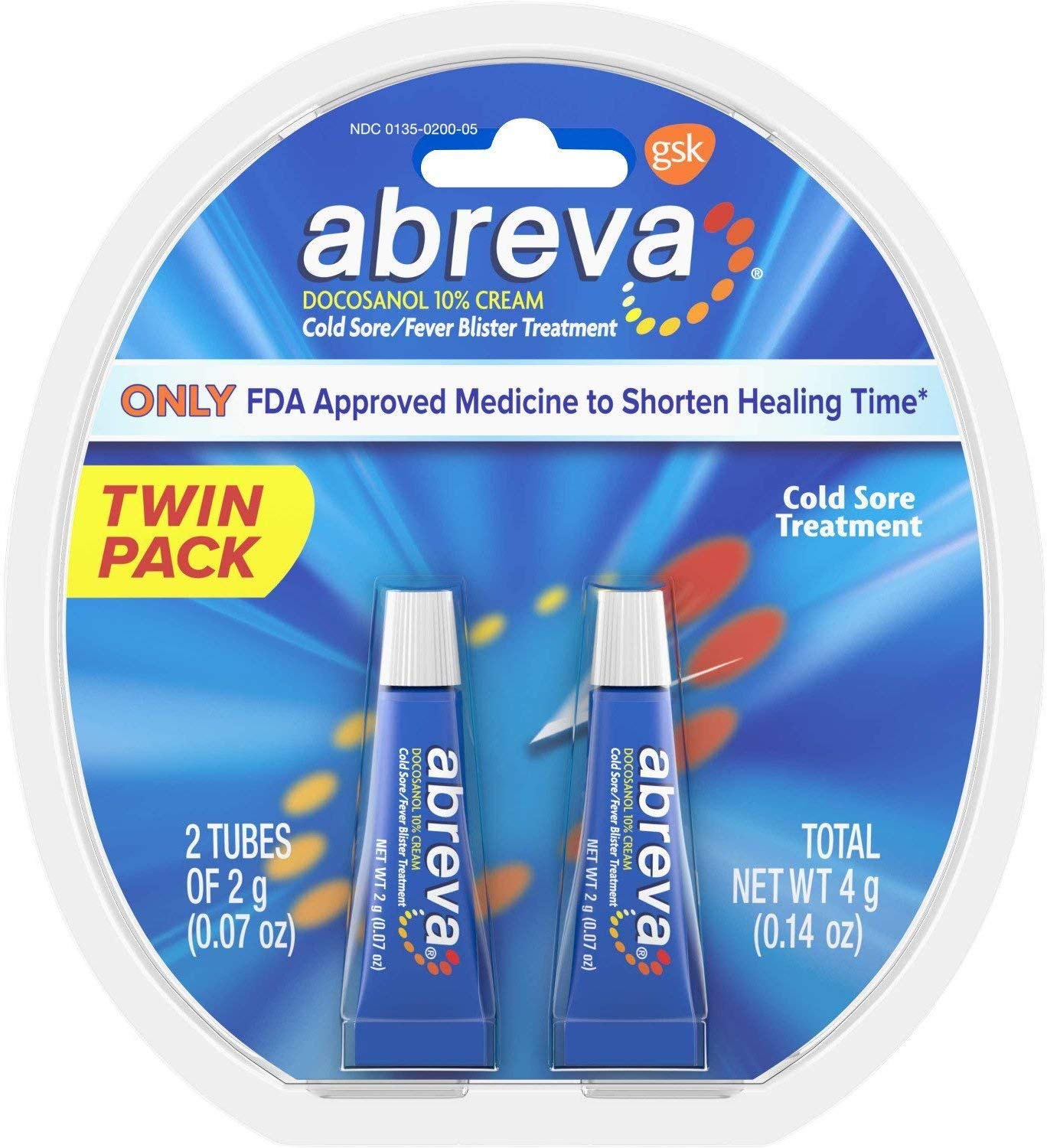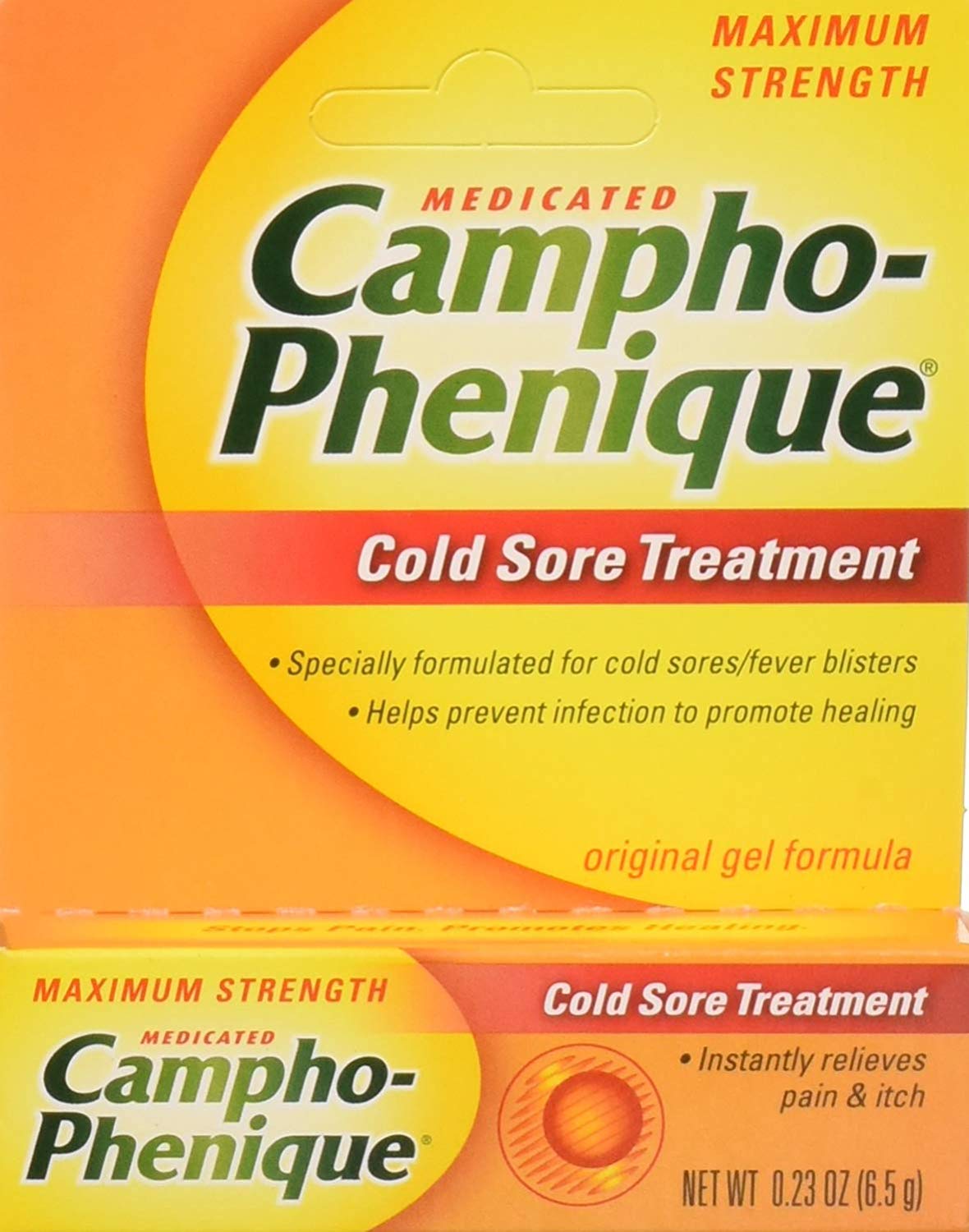Herpes Simplex Labialis
Overview
What are cold sores? — Cold sores are painful blisters that form on or near the lips and inside the mouth. They are caused by an infection with a virus called “herpes simplex virus.” There are two types of herpes virus. Type 1 causes most cases of cold sores. Type 2 usually affects the penis or vagina.
Cold sores are also known as “fever blisters.”
What are the symptoms of cold sores? — The symptoms are different depending on whether it is the first time a person is getting cold sores. The first attack of cold sores usually happens during childhood.
The first time a person gets cold sores, the symptoms can include:
●Painful blisters on the lips, mouth, nose, or throat, which eventually pop and form scabs
●Mouth and throat pain
●Swelling in the neck
●Fever, body aches, and feeling ill
After the first time, pain and blisters can come back, but the other symptoms do not usually happen again. Plus, the symptoms are usually milder and don’t last as long.
When symptoms first occur, they last about 12 days. Later, if they come back, they can last 8 days or less. Some people can tell when their cold sores are going to come back. They feel pain, burning, tingling, or itching on their lips about a day before blisters form.
People sometimes confuse cold sores with canker sores. But canker sores are different. Canker sores are painful red or white sores, but they do not usually form blisters or scab over. Canker sores can form in your mouth and on your tongue. Doctors do not know what causes canker sores.
Why did I get a cold sore? — The virus that causes cold sores spreads easily from person to person. You might have caught it from an infected person if the 2 of you shared a fork or knife, kissed, or had some other type of close contact.
People who give oral sex to people with genital herpes can get cold sores on their mouth.
Should I see a doctor or nurse? — See your doctor or nurse if your symptoms are severe or if they keep you from swallowing fluids.
Is there a test for cold sores? — Yes, your doctor or nurse can take some fluid from a cold sore and check it for the herpes virus. But that is not usually necessary. In most cases, doctors can diagnose cold sores just by looking at them.
How are cold sores treated? — Most people need treatment the first time they have cold sores. But people who have had cold sores before or who have mild symptoms do not always need treatment. For those who do need treatment, it can come in 2 forms:
●Some treatments help the body fight the herpes virus. These are called “antiviral medicines.” They reduce symptoms and shorten the amount of time symptoms last. These medicines work best if they are started as soon as possible after symptoms begin. Many people do not need these medicines.
●Some treatments treat just the pain and discomfort of cold sores without affecting the virus. These treatments include pain-relieving pills and gels that go on the mouth. Many of these treatments are sold without a prescription.
Treatments can help ease the symptoms of cold sores, but no treatment can cure cold sores for good. Once you have the virus that causes cold sores, you will have it for the rest of your life. That means that cold sores can keep coming back. Luckily, symptoms usually get milder with time.
Is there anything I can do on my own to feel better? — Some people find that pain goes down if they suck on ice or popsicles.
Can cold sores be prevented? — If you have frequent, painful outbreaks of cold sores, your doctor or nurse might give you an antiviral medicine to take every day to prevent new symptoms. But most people do not need this kind of treatment.
To help lower the chance of giving herpes to other people, when you have cold sores do not:
●Kiss anyone
●Share utensils, glasses, water bottles, towels, lip balm, or razors
●Give anyone oral sex
If you get cold sores, it is possible to spread herpes to others even when you don’t have an “active” sore that you can see. But you are more likely to spread the infection when you do have an active sore.
picture 1: Cold sores (fever blisters)

Cold sores are caused by an infection with a herpes virus. They start out as blisters that break open and then form a scab.
Abreva
Usual Adult Dose for Herpes Simplex
Topical: Apply 5 times daily to affected area of face or lips. Start at first sign of cold sore or fever blister (i.e., tingling) and continue until healed. If not healed within 10 days, discontinue use and contact health care provider.
For external use only; do not apply to inside of mouth or around eyes. Apply at the first sign of cold sore/fever blister (tingle); early treatment ensures best results. Do not share product with others. Discontinue use and contact a health care provider if the condition gets worse or is not healed within 10 days.
Usual Adult Dose
Topical: Apply small amount to affected area 1 to 3 times/day
How is this drug best taken?
Use this drug as ordered by your doctor. Read all information given to you. Follow all instructions closely.
- Do not take this drug by mouth. Use on your skin only. Keep out of your mouth, nose, and eyes (may burn).
- Wash your hands before and after use. Do not wash your hands after use if putting this on your hand
- Clean affected part before use. Make sure to dry well.
- Put a thin layer on the affected skin and rub in gently.
- Do not use coverings (bandages, dressings) unless told to do so by the doctor.



